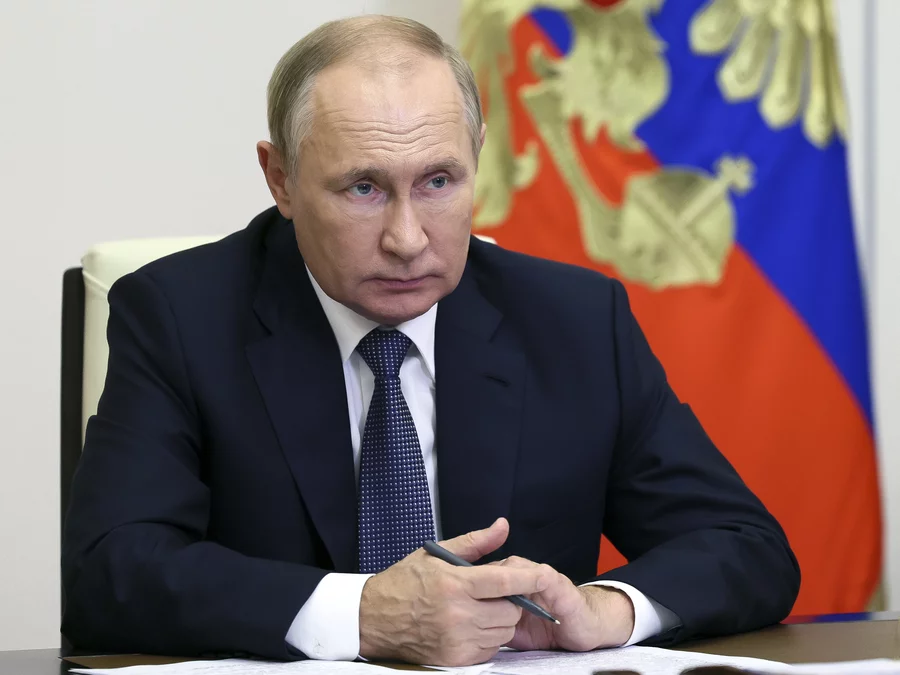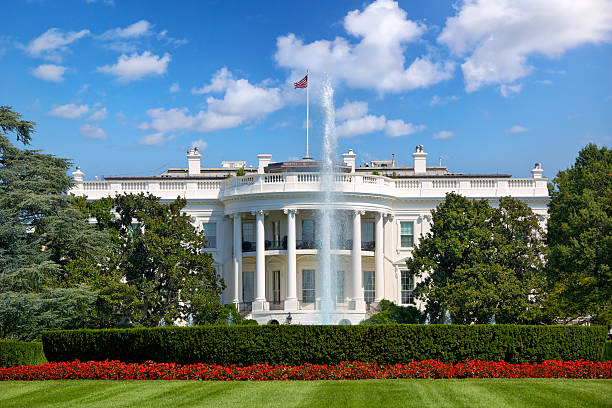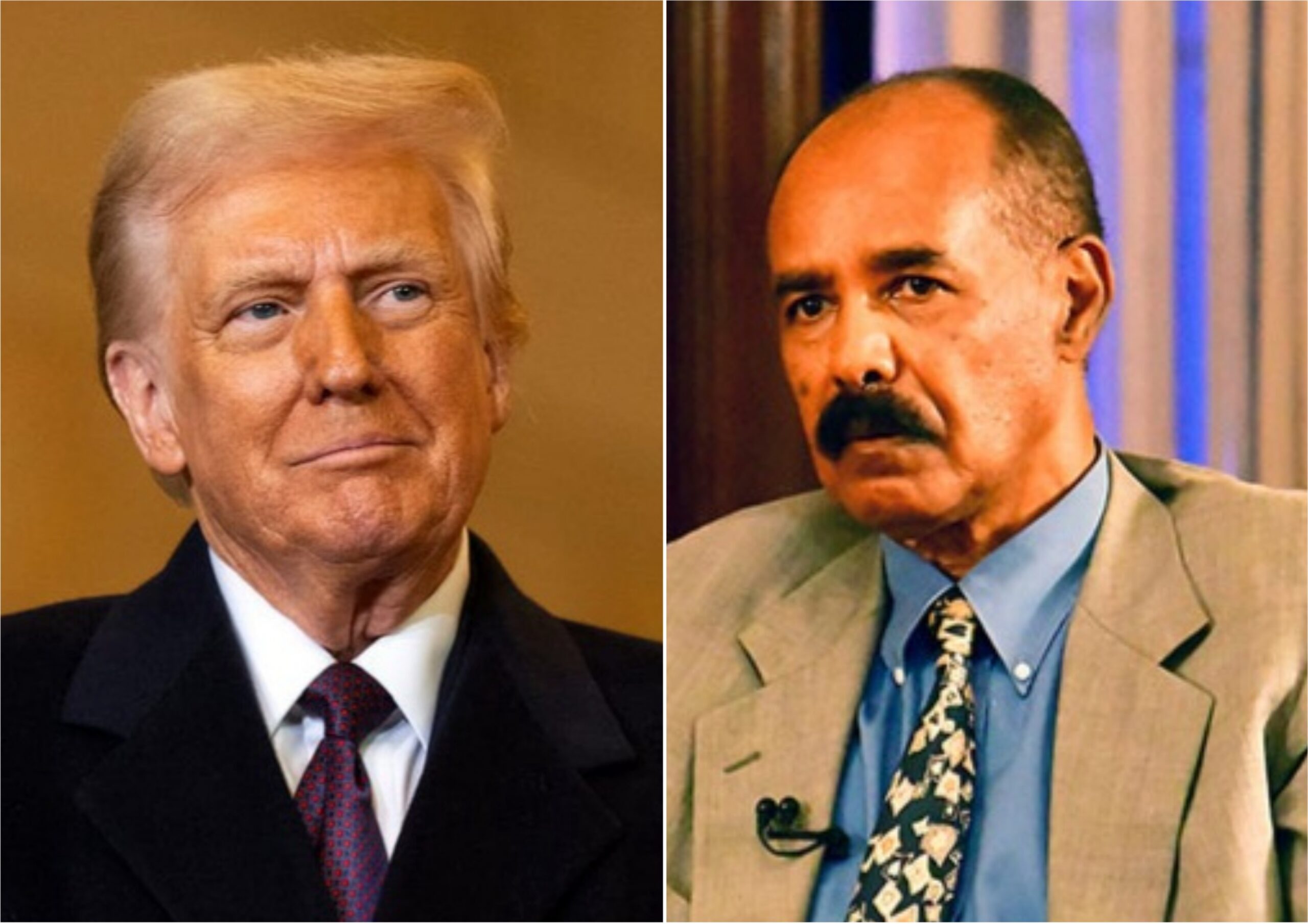By Julian Borger
The international criminal court in The Hague has issued arrest warrants for Vladimir Putin and his children’s rights commissioner, Maria Alekseyevna Lvova-Belova, for the “unlawful deportation” of Ukrainian children.
The court’s pre-trial judges assessed there were “reasonable grounds to believe that each suspect bears responsibility for the war crime of unlawful deportation of population and that of unlawful transfer of population from occupied areas of Ukraine to the Russian Federation, in prejudice of Ukrainian children”.
The judges considered issuing secret warrants but decided that making them public could “contribute to the prevention of the further commission of crimes”.
Moscow has said it does not recognise the jurisdiction of the ICC.
“The decisions of the international criminal court have no meaning for our country, including from a legal point of view,” the foreign ministry spokeswoman, Maria Zakharova, said on her Telegram channel. “Russia is not a party to the Rome statute of the international criminal court and bears no obligations under it.”
Ukraine’s presidential chief of staff, Andriy Yermak, welcomed the news on social media, adding: “Its just the beginning.”
Wayne Jordash, a Kyiv-based international human rights lawyer and managing partner of Global Rights Compliance, agreed that the warrants for Putin and Lvova-Belova were likely to be the first of many.
“More will come over the next few months. This has got to be a sort of warning shot across the bow. This is the prosecutor just getting something in the docket,” Jordash said. The ICC prosecutor, Karim Khan, began war crimes investigations in Ukraine over a year ago.
The Russian leadership has been completely overt about its taking Ukrainian children to Russia and placing them in camps or putting them up for adoption by Russian families. On 16 February, Lvova-Belova appeared on television telling Putin about the programme and revealing she herself had “adopted” a 15-year-old child from Mariupol, the south-eastern Ukrainian city that was devastated and occupied by Russian forces.
“Now I know what it means to be a mother of a child from Donbas. It’s hard, but we definitely love each other. I think we can handle anything,” Lvova-Belova told Putin at the meeting at his Novo-Ogaryovo residence near Moscow.
The televised conversation may have been a factor in Khan’s decision to issue his first requests for arrest warrants for Putin and Lvova-Belova.
“There’s a clear case here against Putin,” Jordash said. So I think it’s good to see the prosecutor focusing on children’s rights. I think this is what international prosecutors have failed to do over the last 20 years, so this is a good focus, as it’s one of the worst crimes being committed.”
Balkees Jarrah, associate international justice director at Human Rights Watch said:
“With these arrest warrants, the ICC has made Putin a wanted man and taken its first step to end the impunity that has emboldened perpetrators in Russia’s war against Ukraine for far too long.
“The warrants send a clear message that giving orders to commit or tolerating serious crimes against civilians may lead to a prison cell in The Hague. The court’s warrants are a wakeup call to others committing abuses or covering them up that their day in court may be coming, regardless of their rank or position.”
(Source፡ The Guardian)



